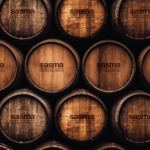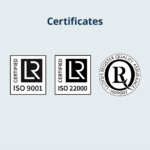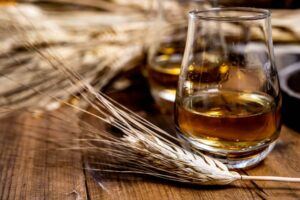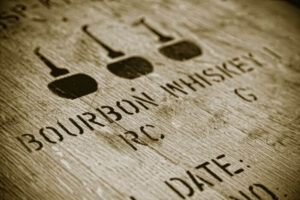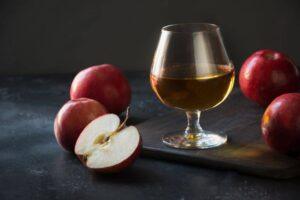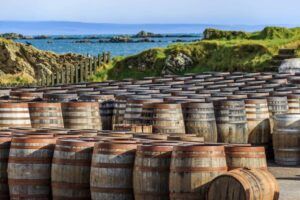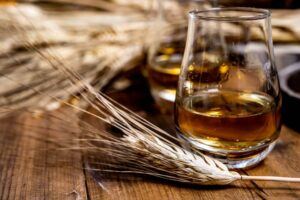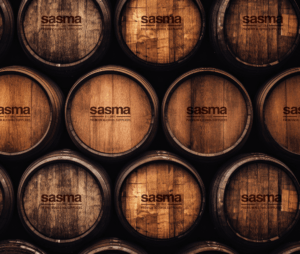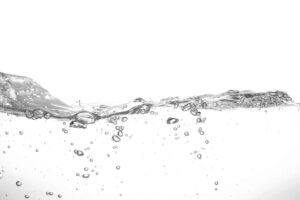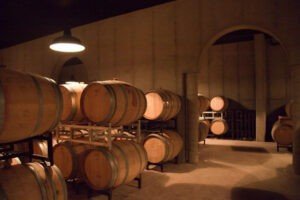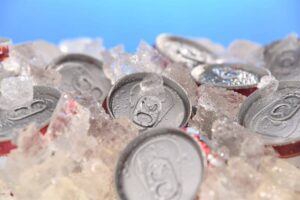Whisky, a beloved spirit enjoyed by connoisseurs worldwide, holds a rich history and a diverse array of flavors. At Sasma, we are well versed in the world of whisky. We provide a wide range of high-quality whiskies sourced from distilleries around the world. Whether you’re looking for Scotch Whisky, Bourbon, Irish Whiskey, or premium blends, we ensure exceptional quality, consistency, and supply reliability for bulk orders.
We pride ourselves on being your trusted partner in the world of bulk whisky. Since 2002, we’ve built a strong reputation as a reliable supplier of high-quality whisky and spirits. We offer a comprehensive range of whisky to meet the unique needs of bottlers, distributors, private labels, and spirits brands worldwide. We work with our clients to source even the most niche products.
Why Choose Sasma As Your Whisky Supplier?
Choosing Sasma as your bulk whisky supplier provides numerous advantages, from our extensive industry expertise to our dedication to quality and customer satisfaction. Key benefits include the following:
- Proven Industry Expertise: Leverage over two decades of experience in sourcing and supplying premium spirits.
- Premium Quality Whisky: Access high-quality whisky from reputable distilleries worldwide, carefully selected for flavor, consistency, and character.
- Global Reach: Benefit from our extensive international distribution network for efficient, timely delivery wherever you are.
- Regulatory Compliance & Quality Assurance: All products meet strict regulatory requirements and industry standards. Sasma is provides all necessary certifications and documentation.
- Dedicated Customer Support: Our team of sales traders, logistics and operations will support you from your first inquiry to final delivery—and beyond.
- Competitive & Transparent Pricing: Get competitive value with clear, competitive pricing tailored to the type, age, and packaging options of your bulk whisky.
- Customization & Flexibility: Whether you’re building a private label or need specific formats, we offer a variety of options to suit your business needs.
- Our packaging options for whisky – We understand that packaging plays a crucial role in product presentation and preservation.we offer a variety of packaging options for bulk whisky, including: IBCs and ISO Tanks. Our shipping options include shipping direct from the distillery or from our warehouses in Europe. We also sell empty barrels if available.
- Barrels
- 1,000 liters IBC’s
- 25,000 ISO tanks
Explore Our Whisky Collection
- Single Malt Whisky: Single malt whisky is renowned for its complexity and depth of flavor–made from 100% malted barley and distilled at a single distillery.
- Blended Whisky: A harmonious blend of malt and grain whiskies from multiple distilleries, blended whisky offers balance and consistency.
- Grain Whisky: Distilled primarily from grains other than malted barley, such as corn or wheat, grain whisky provides a smooth and approachable drinking experience.
- Bourbon Whiskey: A uniquely American spirit, bourbon is made primarily from corn and aged in charred oak barrels, resulting in a rich, sweet flavor profile.
Contact Our Sales Team
Partner with Sasma today and experience the difference of a trusted global whisky supplier. Email us at [email protected] to get started, or learn more about our packaging and customization options.
Frequently Asked Questions
Yes, all of our whisky products meet strict quality and regulatory standards.Ourc company holds certifications, including ISO 9001, ISO 22000, and Lloyd’s Register, ensuring consistency, traceability, and compliance throughout the supply chain.
We supply bulk whisky globally, with distribution across Europe, Africa, Latin America, and Asia. Contact our Sales Team to inquire about placing an order.
Absolutely. We work with an international network of distilleries and offer a diverse selection of whisky types, ages, and packaging options. Whether you’re looking for customization or ready-to-bottle solutions, we can tailor our offering to your needs.

